The above viewpoint was shared by Mr. Le Kien Thanh, Chairman of the Vietnam Golf Association (VGA), in an interview with VietNamNet reporter in response to a proposal to increase tax rates on golf business services in the discussion session of the draft Law on Special Consumption Tax (amended) on May 9.
More than 20 years since the first golf course was licensed in Vietnam, the country now has about 80 golf courses. This number is still quite modest compared to other countries in the region such as Thailand with more than 300 courses, Malaysia with nearly 200 courses...
Vietnam is one of the few countries in the region that applies a special consumption tax on golf. The current tax rate is 20%, higher than the policies of many countries that directly compete for golf tourism .
Mr. Le Kien Thanh commented that playing golf in Vietnam is currently much more expensive than in other countries in the region such as Thailand, Malaysia, Singapore... due to the additional 20% special consumption tax.
“A round of golf in Vietnam, based on real income, can be 2-5 times more expensive than in the above countries, even though those countries have higher per capita income. Over the past 10 years, golf fees at many courses have increased by 100-150%. The price of playing golf in Vietnam is high compared to the average income of the people, causing this sport to always be considered a ‘luxury’ for the rich and becoming a major barrier to development,” Mr. Thanh said.
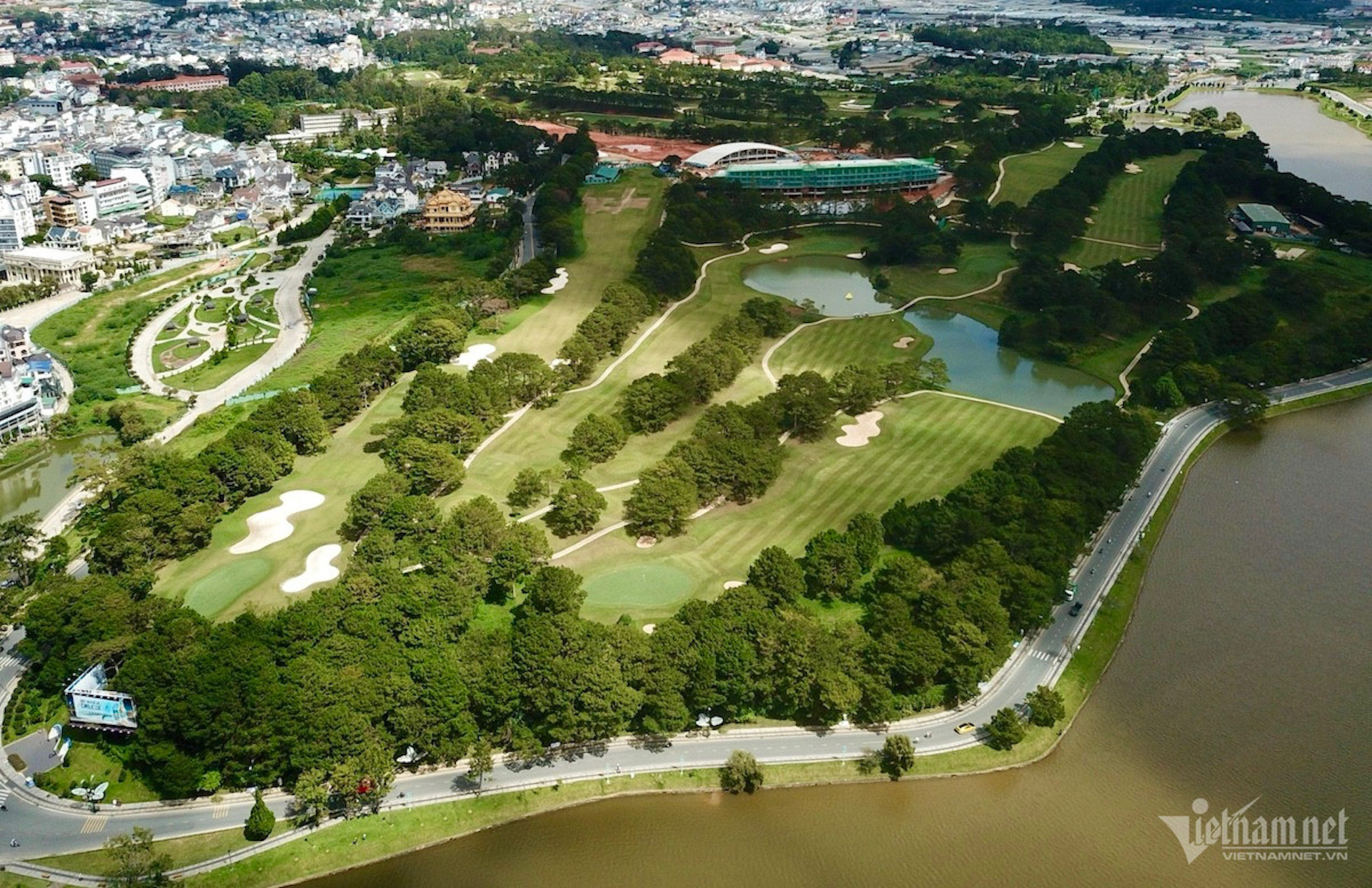
According to Mr. Thanh, 20 years ago, it was understandable to consider golf a “high-class” sport. However, golf has now become more popular, serving a variety of audiences from amateur players, tourists to teenagers. Golf has also been widely recognized in the region and internationally. Therefore, continuing to label it as a “luxury” and tax it as a special commodity is something that needs to be reconsidered.
“It must be emphasized that golf is a sport and must be treated equally with other sports. Why should business services serving a sport be subject to special consumption tax? The problem is not golf, but the way of thinking to come up with appropriate behavior and policies,” Mr. Thanh stated his opinion.
Golf tourism, an industry that attracts foreign currency
The VGA Chairman believes that, in addition to the incorrect view of the nature of the sport, the economic value that golf brings has not been assessed comprehensively and objectively.
Nowadays, golf is not only a sport but also a high-end tourism product, attracting a large number of international tourists to Vietnam, especially from markets such as Korea, Japan...
According to Mr. Thanh, golf tourists spend 6-8 times more than regular tourists. An international golfer spends an average of 3,000 to 5,000 USD per round, proving that golf is contributing to improving the image of high-quality tourism, bringing in large revenues for the tourism industry thanks to the group of guests with high spending ability and long-term stay.
“Thailand has a very different concept of golf. They once launched a golf movement with a price of 20 USD/day to attract international tourists. Vietnam is emerging as a leading golf destination in the region, honored by many international organizations. Therefore, it is necessary to study the policy of exempting and reducing special consumption tax on golf services. Thereby, improving competitiveness in attracting high-end tourists,” Mr. Thanh analyzed.
In fact, many organizations, units and individuals in the golf industry have proposed adjusting or removing the special consumption tax on golf services to suit the new development trend. For example, Quang Nam province has sent a petition to ministries and branches proposing to abolish this tax.
At many seminars on golf tourism, experts also assessed that tax policy is a major barrier and needs to be adjusted in the direction of tax reduction or exemption, with the common proposed rate being from 5-7%.
Emphasizing the importance of changing the perspective on golf, so that it is no longer considered a “luxury” subject to high taxes, Mr. Thanh said that any additional tax rate will push up service prices, causing players and tourists to bear additional costs, thereby reducing the development motivation of businesses.
"Tax policy needs to ensure the principle of collecting correctly and fully, while not negatively affecting other potential revenue sources. Almost the entire golf course system in Vietnam is developed by large private enterprises. Therefore, there needs to be appropriate policies to promote and expand the participation of small and medium enterprises in the development of golf in Vietnam," Mr. Thanh proposed.
Source: https://vietnamnet.vn/dua-golf-vao-dien-chiu-thue-nhu-ruou-bia-thuoc-la-la-sai-lech-ve-ban-chat-2400882.html






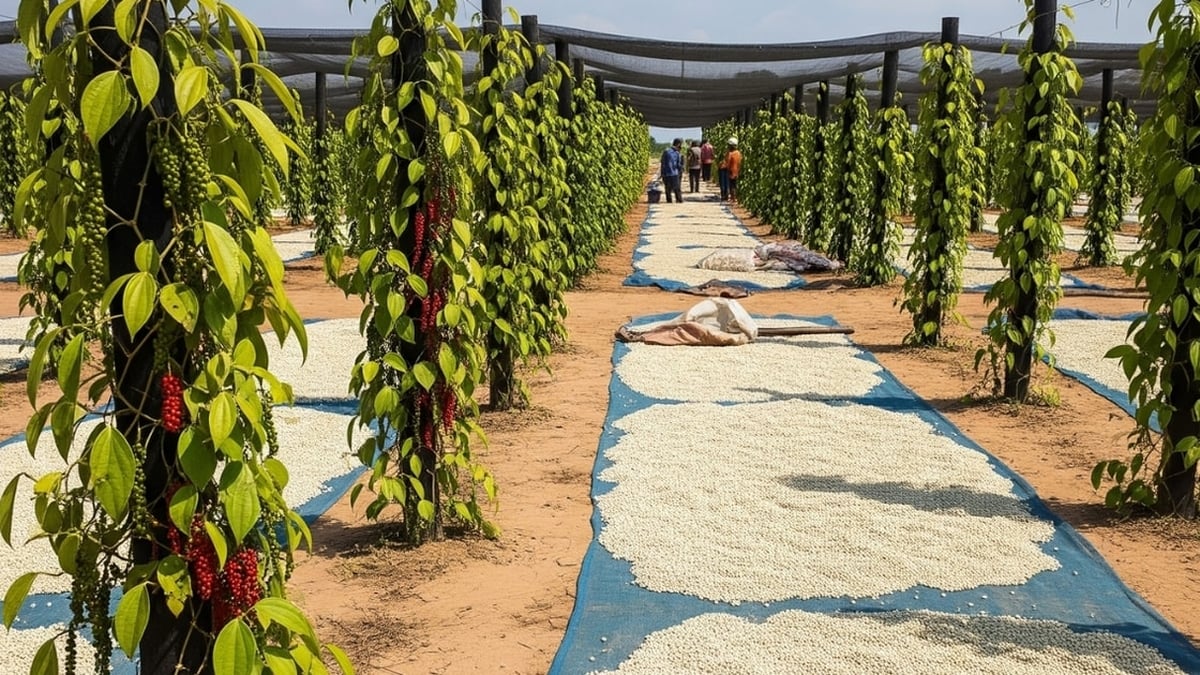

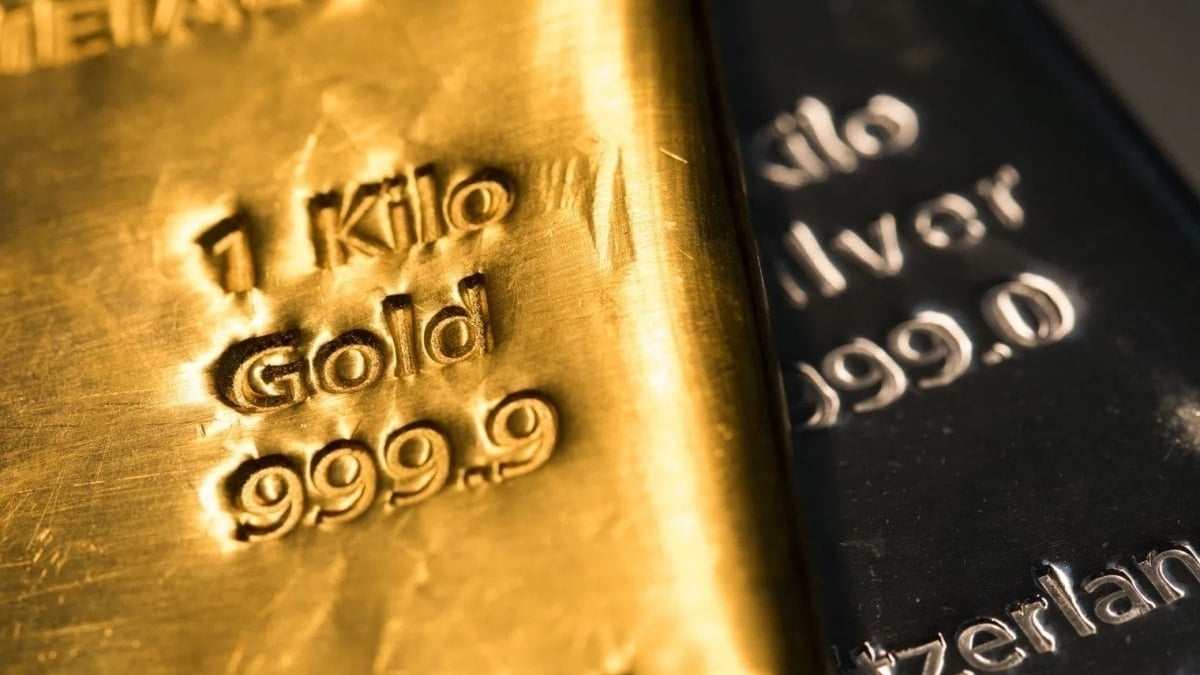
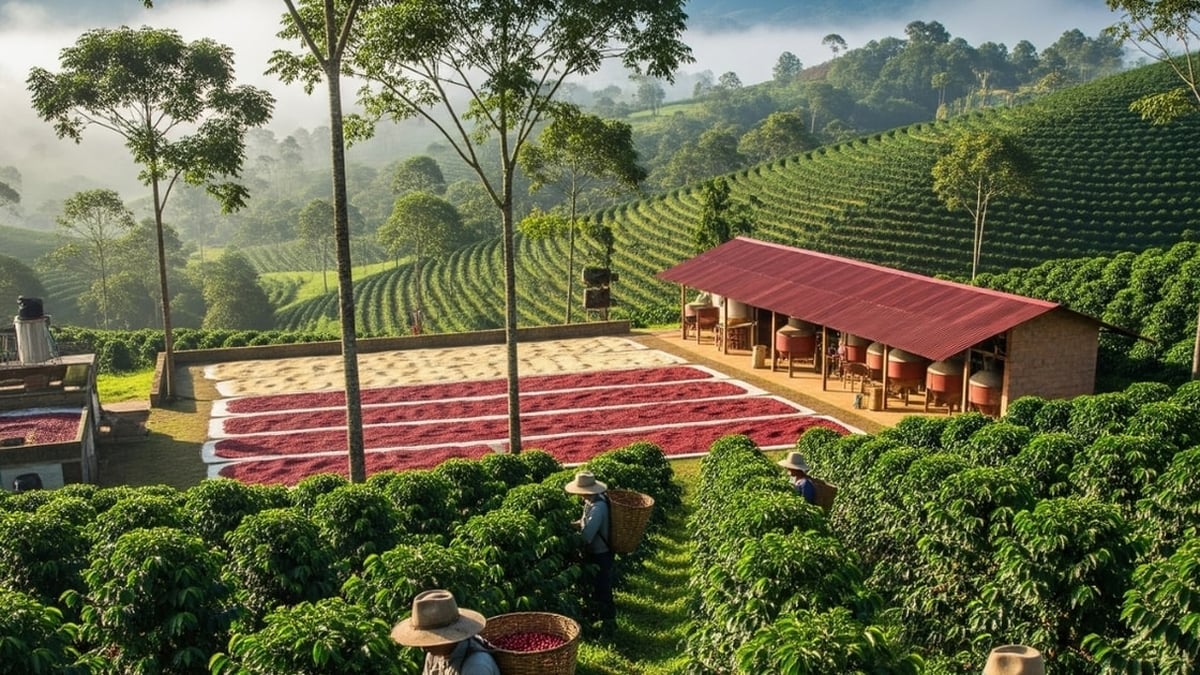

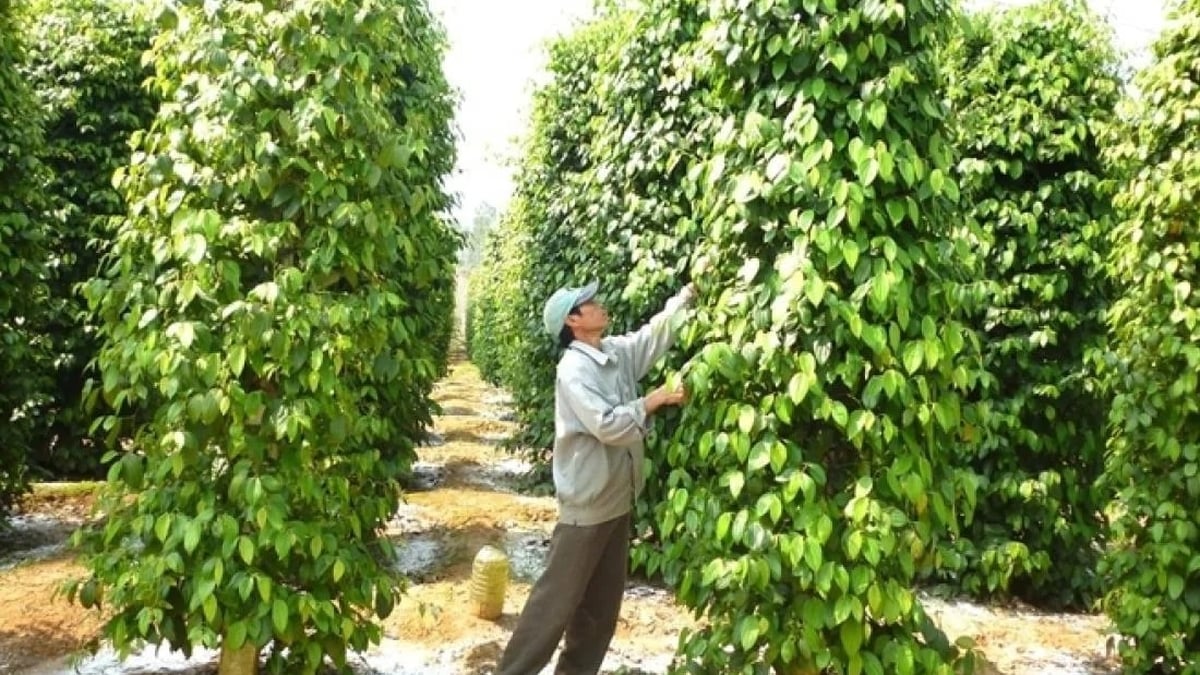










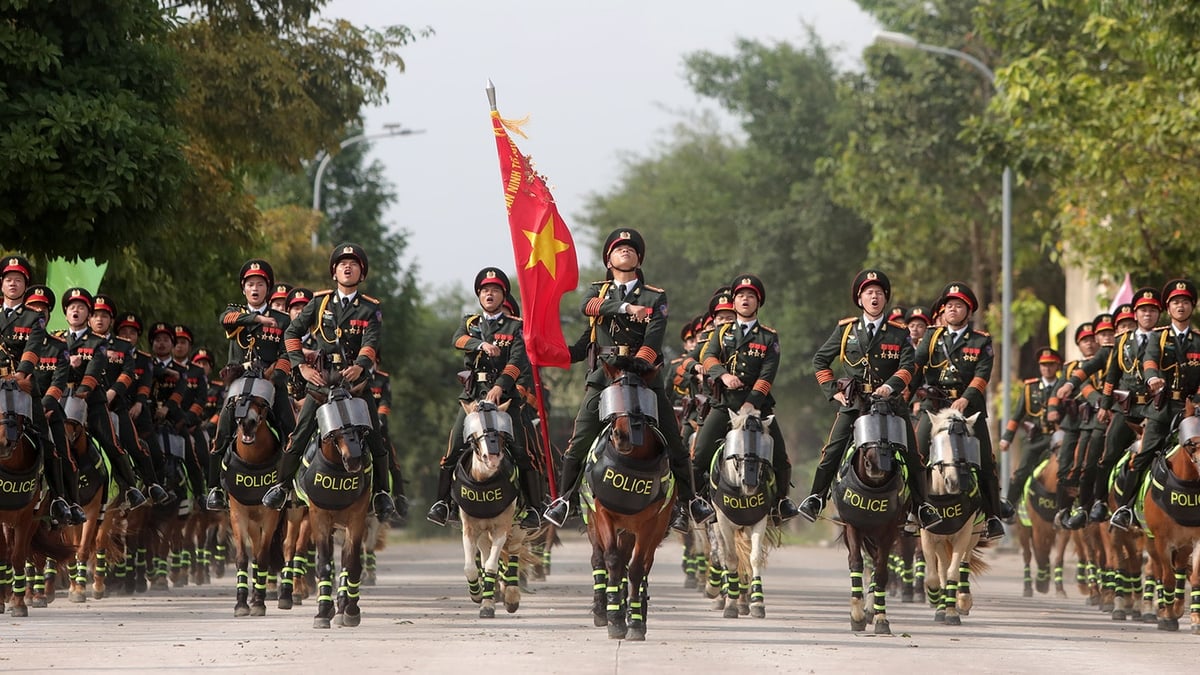
![[Photo] Firmly marching under the military flag: Ready for the big festival](https://vphoto.vietnam.vn/thumb/1200x675/vietnam/resource/IMAGE/2025/8/15/86df2fb3199343e0b16b178d53f841ec)
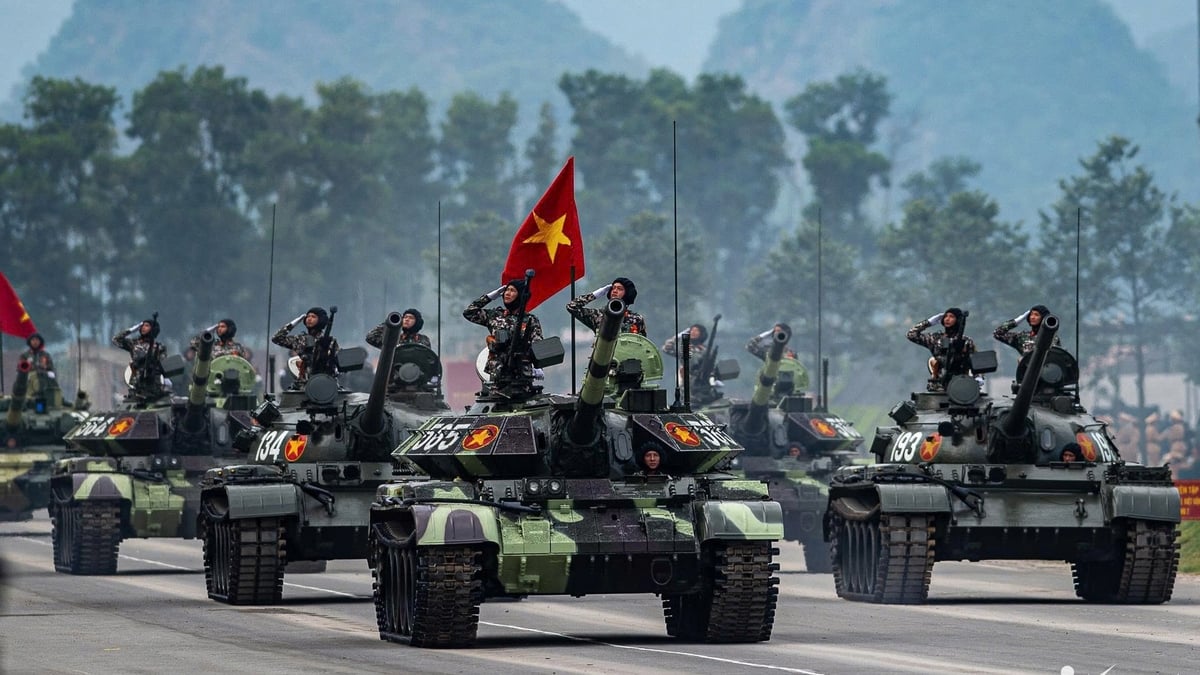
![[Photo] Prime Minister Pham Minh Chinh attends a special art program called "Hanoi - From the historic autumn of 1945"](https://vphoto.vietnam.vn/thumb/1200x675/vietnam/resource/IMAGE/2025/8/15/c1c42655275c40d1be461fee0fd132f3)

![[Photo] The special solidarity relationship between Vietnam and Cuba](https://vphoto.vietnam.vn/thumb/1200x675/vietnam/resource/IMAGE/2025/8/15/5f06c789ab1647c384ccb78b222ad18e)
![[Photo] Prime Minister Pham Minh Chinh talks on the phone with Cambodian Prime Minister Hun Manet](https://vphoto.vietnam.vn/thumb/1200x675/vietnam/resource/IMAGE/2025/8/15/72d3838db8154bafabdadc0a5165677f)

![[Photo] Binh Khanh Bridge Ho Chi Minh City is ready to reach the finish line](https://vphoto.vietnam.vn/thumb/1200x675/vietnam/resource/IMAGE/2025/8/14/b0dcfb8ba9374bd9bc29f26e6814cee2)















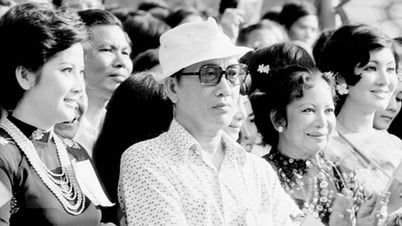





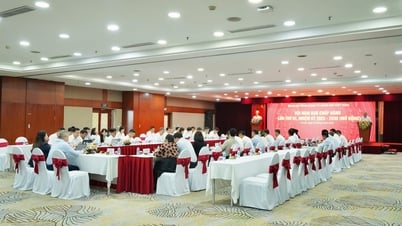





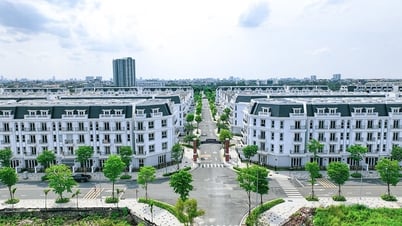




![[Photo] President Luong Cuong receives Finnish Ambassador to Vietnam Keijo Norvanto](https://vphoto.vietnam.vn/thumb/402x226/vietnam/resource/IMAGE/2025/8/15/9787f940853c45d39e9d26b6d6827710)
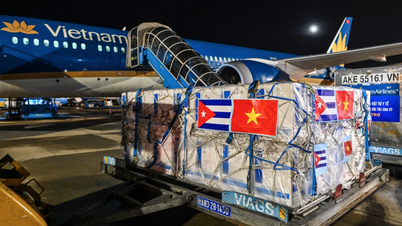



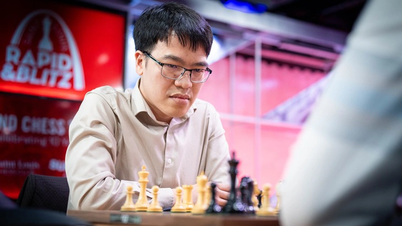































Comment (0)